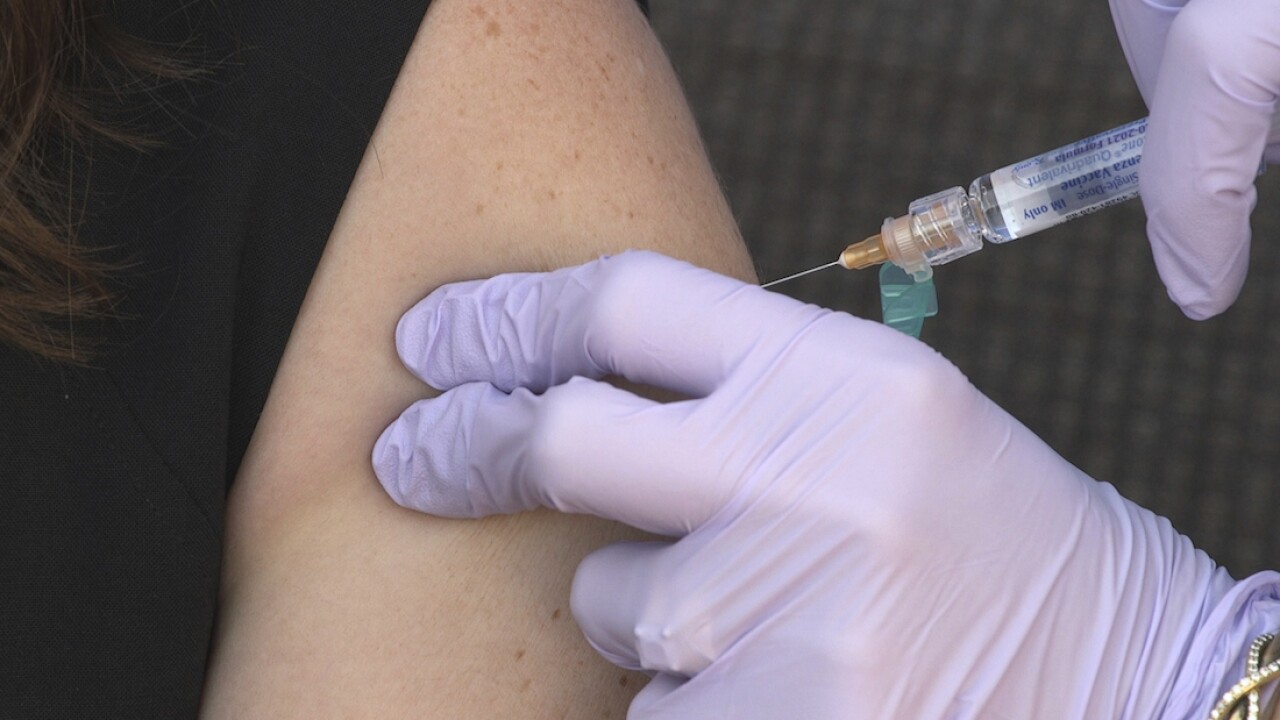A recent CDC study shows people who've contracted COVID-19 and are fully vaccinated against the virus are more protected than those who rely on natural immunity alone.
Researchers at the Centers for Disease Control and Prevention conducted a case-control study that compared the vaccination status of people who'd been infected in 2020 and those reinfected during May to June 2021. Results showed unvaccinated individuals in this category were over two times more likely than fully vaccinated people to get COVID again.
"The fact that you've had COVID-19 in the past and survived it and didn't have any long-term complications from it, I would not rely on that as being protective for getting reinfection," said Dr. Robert Mead, Bellin Health family physician and lead physician for the hospital system's COVID-19 incident command. "We still recommend the vaccine even if you've had COVID-19. And if you get the vaccine after having COVID-19, it'll give you a very good immune response."
- Appleton Area School District to publish new COVID-19 dashboard
- Former FDA chief says COVID vaccine could soon be approved for children
The report shows hybrid immunity - the natural immunity from infection combined with immunity from vaccination - can boost response against reinfection.
Brian Merkel, UWGB associate professor of microbiology & immunology, said this hybrid immunity creates two different exposure events: The vaccine introduces the body to a coronavirus spike protein, which Merkel said is one of the most important elements for the body to respond to, while infection exposes a person to a collection of different targets found on the whole virus.
"What the data's now showing is if you're infected, and then subsequent to your infection you then go on and are vaccinated, the level of antibody production that you get to protect you is far greater than what would've been expected. But it's also the breadth of protection that you're getting, including variants," Merkel said. "So not only is the response itself, sort of the magnitude, the peak of the antibody response greater, but the coverage of those antibodies, which is at a very high level of what it can protect you from, is far greater.”
Mead said many of the coronavirus cases they're seeing now are from the delta variant. Since the strain wasn't around last year, he said people may have a hard time fighting the virus off again if they rely solely on their immune system.
“The delta variant is different, and if you got infected with the early form of the COVID-19 half a year ago that’s different than what’s going on now. The natural immunity may not give you adequate response," Mead said. “You might be able to get by without it, but you also might get a bad infection, and get reinfected and have more problems. You can do blood tests to see if you have immunity, but that is not predictive as how you will respond to the infection once you get exposed again.”
Dr. Sarah Wypiszynski, Ascension Wisconsin family physician, said natural immune response can vary depending on certain factors, such as degree of illness and underlying health conditions. New variants in the mix can cause more issues.
“For people who have already had COVID and might say, 'Oh, I have natural immunity,' we don’t really know how long that lasts and we’re seeing that the vaccine is more protective in protecting you than that natural immunity," Wypiszynski said. "So we would still encourage you to get the vaccine even though you may have already had COVID for that added protection, and for that long-term protection relative to what we really just don’t know about that natural immunity.”
The CDC recommends people who had COVID still be vaccinated against the virus, although those with symptoms should wait to be vaccinateduntil they have recovered from their illness and have met the criteria for discontinuing isolation. The same applies to those without symptoms.



